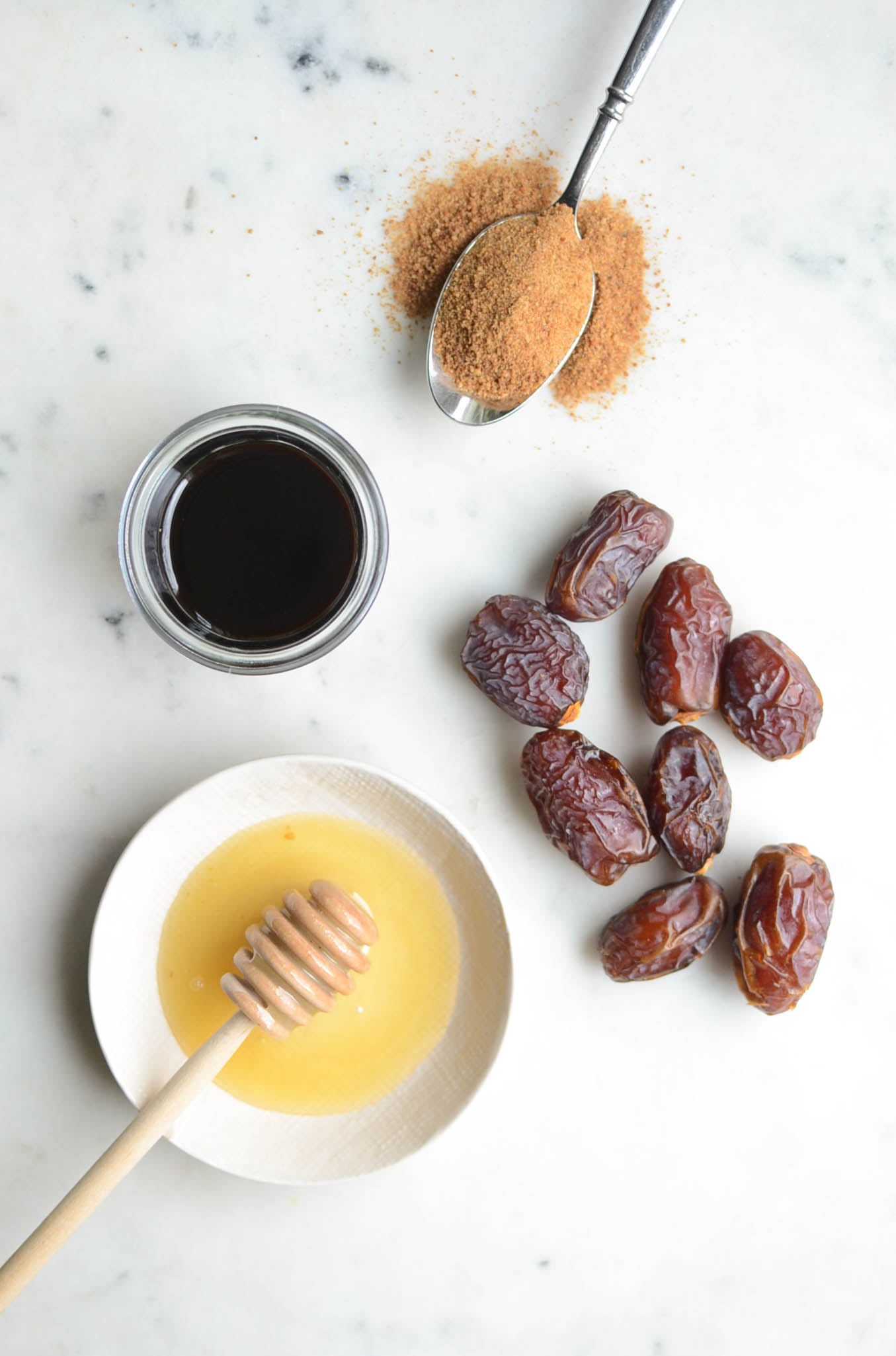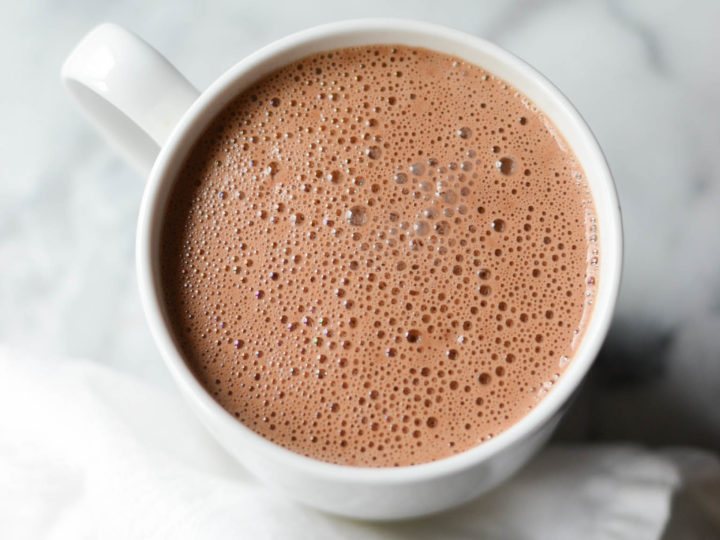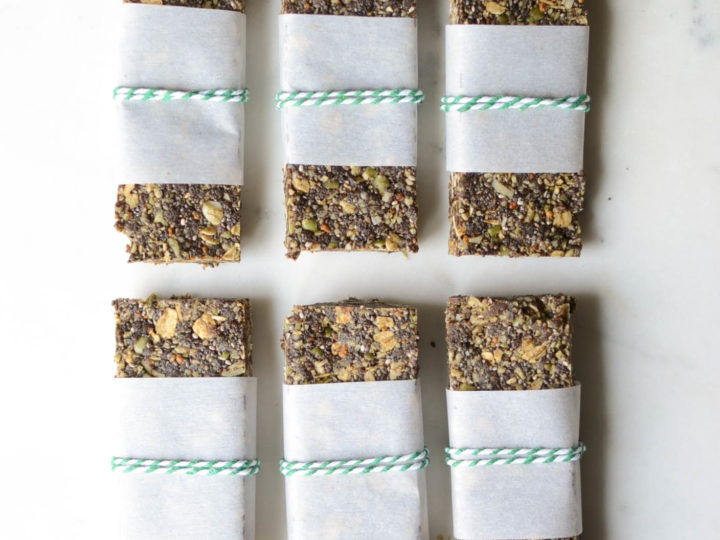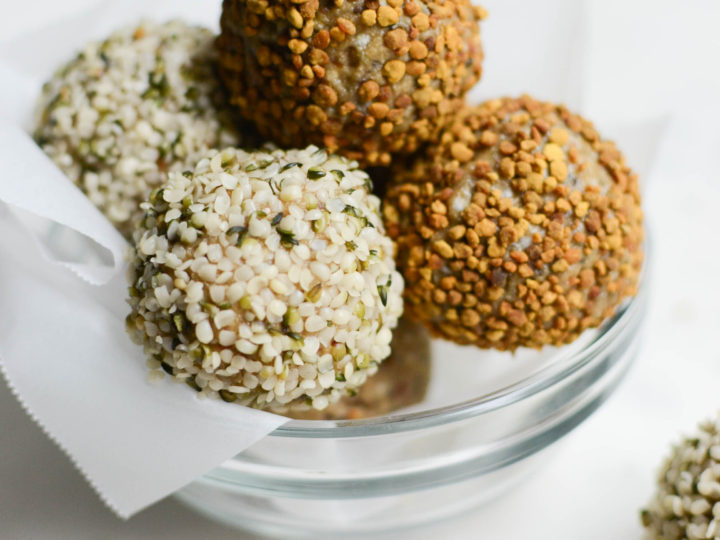
Diving into another misunderstood topic today… SUGAR! Thank you for everyone who sent your feedback on this topic on my Insta stories last week! Some of my followers have been asking about this for a long time and the most asked question, “what is the best sweetener to use?”. Cane sugar, maple syrup, honey, agave, brown rice syrup, coconut nectar, coconut sugar, date sugar? The list could go on forever. But the truth is, when it comes to added sugar, sugar is sugar. All “added” sugar contains 4 calories per gram. Replacing your cane sugar with coconut sugar isn’t going to magically make you a healthy skinny person. There is also no use bragging on the health benefits of any of these sugars either, because they are empty calories. I recently saw a very popular influencer on Instagram posting about how she just loves to give her son these little Manuka honey packets to keep him healthy. I mean come on, there are a lot more nutrients in a carrot that a honey pack. Just because honey may have trace minerals, they are TRACE, and it is still SUGAR.
If you’ve been following me for awhile you probably know the short answer to this question. On a day to day basis, use sugar from fruit, in their WHOLE form. There is a big difference between sugar in WHOLE foods and added/processed sugar. When fructose comes packaged with fiber, antioxidants and other phytonutrients, it has a VERY different effect on the body than added sugars. Whole fruit actually stabilizes blood sugar! A recent study in China on half a million people showed eating just one piece of fruit per day lowered risk of diabetes by 12%!
All sweeteners and fruit contain a combination of glucose, fructose, and the two bound together as sucrose. When you eat or drink any caloric added sweetener, you get a mix of disease-promoting effects: the glucose-elevating effects of added glucose and the triglyceride-raising effects of added fructose. Regardless of their ratio of glucose to fructose, or what type of plant they originate from, they all have effects that promote weight gain, diabetes and heart disease. When we eat fructose in particular, apart from the WHOLE fruit, our liver turns it into fats, which causes elevated blood triglycerides, a predictor of heart disease and also causes insulin resistance which increases risk of diabetes. So even sweeteners touted as “low-glycemic” because of their high fructose / low glucose content are not health promoting, quite the opposite actually.
Alright so, unless you have diabetes, there is a little room for indulging. When it comes to special occasions, it doesn’t matter a whole lot which type of added sugar you use, the differences are so minor. A little added sugar isn’t going to poison you if you are eating whole foods the majority of the time. Guess what, I had 3 chocolate truffles on Christmas Eve and and a glass of eggnog. I wanted it and I’m not going to stress about it because I eat whole foods the rest of the time. If you are eating whole vegetables, fruit, grains, legumes and nuts/seeds, these foods will stabilize your glucose and a little added/processed sugar here and there won’t be a big deal. Honestly, the more I eat whole food plant based, the less I even want any added sugar. If you are eating/drinking added/processed sugar every single day or almost every day, stop trying to convince yourself it’s ok! I love the “rule” from Michael Pollan’s book Food Rules, “Treat treats as treats” period. Having a “treat” every single day is not a treat.
Below I am talking a little more in depth on specific sweeteners since many of you have asked. If you have any additional questions that weren’t answered in this post, comment with your question here or on Instagram.
DATES: My all time favorite sweetener, packaged with FIBER and iron. Dates are nature’s candy, seriously, and with today’s modern kitchen appliances (blenders and food processors) there’s not much you can’t sweeten with dates. I use them to sweeten hot cacao, chocolate chip cookies, zucchini bread, muffins, breakfast cookies, matcha and nut milks. You can sweeten coffee or tea too if you just throw a couple dates in a blender (with a couple tablespoons of soaked cashews too instead of milk/cream) along with your coffee/tea. Drizzling some tahini on a date and eating it just like that is sooo good! Medjool dates are the sweetest but there are many types of dates! Allergy friendly dates are available online at Gerbs. If taking an extra minute to put your coffee or tea in the blender is too extra, you can also buy this date silan (syrup made from whole dates) instead.
WHOLE FRUIT: Knock yourself out! Chewing whole fruit is the best way to eat it because it stabilizes blood sugar. I am a fan of smoothies too, as long as there is no added sugar! We love to use banana, mango, citrus, berries and pineapple in smoothies! We also love to use bananas and apple sauce (with no added sugar of course) for baking. I do not recommend juicing fruit because all the fiber is removed and it is way too much of a glycemic load for most people. Fiber helps regulate the entry of glucose into the bloodstream and fructose to the liver.
DRIED FRUIT: Dried fruit is good too as long as there is no added sugars! They are great to send with your child in a lunchbox. Dried mango, apricots, figs, goji berries, mulberries and organic raisins are our favorites! Always read the ingredients because a lot of companies sneak added sugar into dried fruit. You can purchase allergy friendly dried fruit online at Gerbs.
Now a little more on the most common added/processed sugars because I know you want to know specifics. Just to be clear, these are the sugars you should NOT be using on a daily basis and even though I discuss minor differences below, they are all pretty similar nutritionally, read “empty calories”. Obviously avoiding them all together is ideal, but a little here or there will not kill you.
CANE SUGAR: We’re all pretty familiar with cane sugar. It is sucrose meaning it contains half glucose and half fructose. The only thing I use it for is to feed my kombucha starter and I buy unbleached vegan (otherwise bleached with bone char) cane sugar.
COCONUT PALM SUGAR: Coconut palm sugar is derived from the sap of the flower bud stem of a coconut tree and has about half the glycemic index of cane sugar. It can be used as a 1:1 replacement for cane sugar. I do keep some in my house for the rare (and by rare I mean once or twice a year) occasion I want it for baking or my husband wants a little in some chai tea. Coconut nectar is also derived from the flower of a coconut tree and should be used only as a treat.
HONEY: Honey has really been put on a pedestal but it is still SUGAR. It’s fructose/glucose ratio is similar to table sugar and elevates blood glucose similarly. Yes, it has TRACE nutrients, but not enough to warrant the otherwise empty calories on a regular basis. This is something I do keep in the house and use maybe a few times per year. I prefer to purchase quality raw honey from a company that does not ship their bees elsewhere during the winter. The brand I like is Really Raw.
MAPLE SYRUP: Maple syrup contains about 90% sucrose, so it is very similar to regular white sugar or cane sugar and should not be used on the daily. Coconut nectar has a similar taste to maple syrup as well.
STEVIA: Although stevia is derived from a plant, it is highly processed and usually mixed with natural flavors and other low calorie sweeteners like erythritol. Although the jury is still out on this one, for the reasons I mention above, I do not recommend using it.
AGAVE: Somehow touted as a health food because it has a lower glycemic index than table sugar because it is approximately 90% fructose, agave is actually highly processed and I do not recommend using this either. A little isn’t going to kill you but this should not be a sweetener used on the daily.
LOW CALORIE SWEETENERS: I do not recommend using low calorie sweeteners ever as almost all of them have been linked to some health problem which I’ll list here. These excessively sweet tastes dull the taste buds to the natural sweetness of fresh fruit, which perpetuates sugar cravings and can undermine weight loss. Aspartame found in Equal and diet soda (linked hypertension, infertility, miscarriage), erythritol (not harmful but not helpful, often derived from GMO corn), saccharin found in Sweet ‘n Low (linked to bladder cancer), sucralose found in Splenda (migraine trigger), sorbitol/xylitol (laxative effect).
Comments (4)
-
Great article. Thank you.
-
Author
You’re welcome! Thanks for reading!
-
-
This was so informative! Thank you so much- I was always so confused by the different sugar types out there. I was wondering what category brown rice syrup would be in? I noticed it in my baby’s organic formula ingredient list. Thank you!
-
Author
Glad this was helpful! Brown rice syrup is still processed, much like barley malt or any other sugar extracted from a grain. It’s not ideal but formula is tough because there’s not too many good options out there. I am working on a post specifically on baby formula so keep an eye out for that in the next couple months!
-




